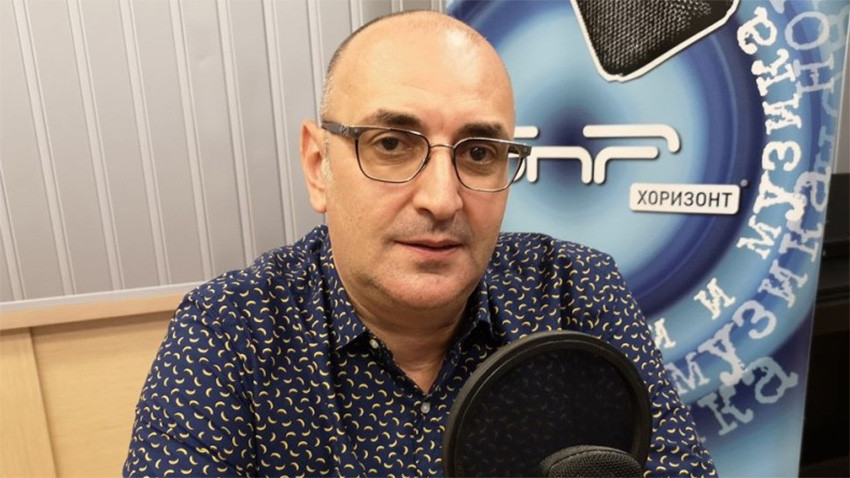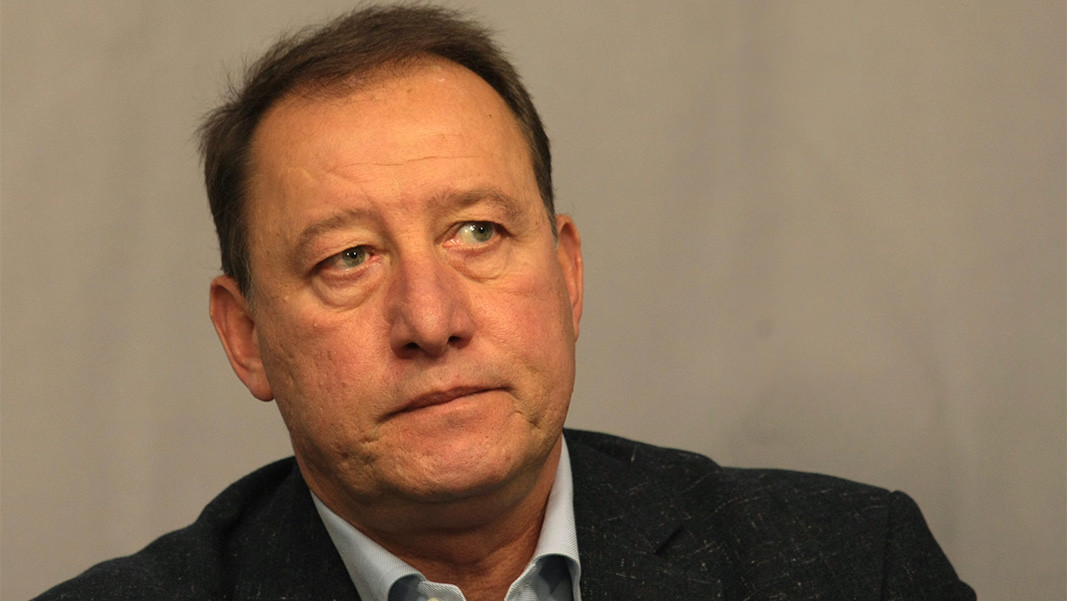Bulgaria continues to insist on a diplomatic settlement of the Ukraine crisis and remains a loyal and predictable NATO partner. Priority will be given in Bulgaria’s defence system to the national army – Bulgarian troops, a Bulgarian command and Bulgarian military leadership, announced Prime Minister Kiril Petkov during the extraordinary sitting of the National Assembly convened over the Ukraine crisis.
The position formulated is not new to Bulgaria’s policy as a NATO member country, as to this day all facilities used by our partners during exercises in the country are under the command of the Bulgarian army, Milen Keremedchiev, former Deputy Minister of Foreign Affairs says:

“It is important to say that Bulgaria will be ready to receive an increasing NATO contingent, but that this takes place over time. One of the biggest military exercises was held in this country last year, with more than 18,000 military personnel from many NATO countries, so I don’t see any significant change or any retreat from the positions we assumed when we joined the alliance. Bulgaria has always endeavoured to be friends with everyone, but in this situation that is simply not possible. The deep antagonism between the different sides in this dispute is evident – on the one hand Russia, and on the other the NATO members, and most of all Europe. We ought to present our position more definitively. The time for friendship and for “waiting out the storm” is long gone.”
“The situation is extremely serious, though we shouldn’t go into hysterics over it. Peace still stands a chance, comments former Minister of Defence Angel Naydenov and adds:
“The best thing would be if it doesn’t come to deploying land troops on Bulgarian territory, but that is something that is not to be ruled out. From a military and technical point of view I see that the Ministry of Defence upholds certain views that do not aim at a permanent presence or the re-dislocation of such components, but at the involvement of formations of the Bulgarian army in joint exercises.”
The Bulgarian government is insisting on a de-escalation of tension but the country has no real instruments for achieving this priority, Milen Keremedchiev explains, and goes back to the words by Defence Minister Stefan Yanev that “nobody has any intention of attacking Bulgaria at the moment, and Bulgaria is not going to attack any other country”. This statement is entirely in the context of the declaration by the US that it will not dispatch troops in the event of a conflict in Ukraine.
Is a resolution of the crisis by diplomatic means feasible?
“We are not seeing an abrupt escalation at the moment, i.e. there is no real military operation by Russia at this time,” Milen Keremedchiev explains. “Technically speaking, there is a build-up of around 120,000-150,000 military personnel along the border with Ukraine, plus military hardware, but it is not enough to start a full-scale military operation. Ukraine currently has 280,000 personnel in service, and it can call up as many reservists very quickly.”
According to Milen Keremedchiev, in no more than a month’s time the situation could heat up, as Russia has been transferring its most modern weaponry to Belarus which borders on Ukraine. As part of a large-scale exercise, landing craft have been heading from the Baltic to the Black Sea. “The precipitous Russian military build-up will be completed within approximately one month. That is, I think the reason for raising the defence capabilities of the NATO member countries, including by dispatching additional fighter aircraft to Bulgaria from Spain and the Netherlands, as well as warships from Spain. This is NATO’s reactive approach to Russia’s actions,” Milen Keremedchiev says.
Even though in the current situation there is no real military threat, there does exist a danger of economic pressure connected with energy prices. “However, sabre-rattling pushes oil prices up,” Milen Keremedchiev says.
What measures can be taken to protect the Bulgarian economy from any negative effects of this dispute?

“The effects can take different directions, most of all regarding the supply of energy resources,” Angel Naydenov says. “Some analysts regard the gas pipeline across Bulgarian territory as an additional guarantee that Russia will not go so far as to stop deliveries, but an overall assessment of all this has to be made, and from there – of the impact on the other sectors of the economy. Of course, a plan has to be developed that will assess, and set down ways of avoiding the negative effects on the economic and social systems of Bulgaria.”
Interviews by Shezhana Ivanova and Veselina Milanova, Horizont channel, BNR
Editing by Elena Karkalanova
Photos: Library, BGNESThe new plenary session of the 51 st National Assembly began with declarations about the priorities of the political parties. For GERB-SDS, the main task is the formation of a regular government and a stable ruling majority, MP Toma Bikov said. He..
GERB-SDS terminates the negotiations for the formation of a regular government due to the refusal of Democratic Bulgaria to support a GERB candidate for prime minister, said GERB. ''No agreement was reached with Democratic Bulgaria on the..
The Movement for Rights and Freedoms (DPS) celebrates its 35th anniversary today. The two wings of the movement - DPS-New Beginning, led by Delyan Peevski, and Ahmed Dogan's Alliance for Rights and Freedoms (ARF) - are marking the event separately. The..

+359 2 9336 661
